Kids can learn valuable skills through small, teachable moments during a normal day. This means no grueling work sessions with flash cards, buying expensive educational toys, or completing tedious worksheets!
Experts agree that children must have repeated exposure to “pre-literacy” activities to build their skills and enable them to become successful future readers. These skills set the stage for reading: (1) print awareness, (2) phonemic awareness, (3) vocabulary, (4) writing, and (5) oral language and comprehension.
Here are effective ways to sneak in literacy skills anywhere you go to give your child a head start for school:
Oral language skills are the foundation for learning how to read and write. Through interactive read-alouds, telling stories or pretend play, singing songs, holding a conversation with an adult and being surrounded in a language-rich Pre-K environment, children will learn the pre-literacy skills they need to be successful readers later.

A critical skill for young children is that they can retell a simple story. After reading a bedtime book, make a point of asking your child to tell you what happened in the story. It can be very simple, but having them pause, think back and then retell you the characters and important events from the story is a powerful technique for pre-readers to build their comprehension.
Instead of asking your child questions that elicit a one-word answer of yes or no, stretch their thinking by asking “What happened?” Or “What do you think will happen next?What was your favorite part of the story?”
Engage with your child by teaching them how to hold a back-and-forth conversation. Taking turns modeling for children how to tune-in and listen to another person, then how to articulate a response.
Ask your child questions about their toys, their favorite characters or books; make sure to get down on their level, make eye contact and listen closely as they speak. Take turns when talking with them.
Giving children many chances to engage and communicate, while encouraging them to think and respond through back-and-forth exchanges does wonders to develop their vocabulary and speaking skills. It actually changes their brain according to this MIT study!
Day after day is your child bringing you the same book to read? There are incredible benefits for young children to hear the same story read over and over again. Hearing the same words, the same pattern and same rhythm of the story will help your child become familiar with more words. They also understand more of the story’s meaning, such as the characters and events, with each reading. So even if you’re tired of reading the same book for the tenth time, just know it’s good for your child!
Download the free Vroom app to teach you ways to use mealtime, bath time, or anytime in between to nurture your child’s brain growth.

One of the best ways to develop your child’s oral language and comprehension is by discussing a great book! See if you can find these books at the library to enjoy with your child.
Check out this list of Favorite Books for Pre-K Children.

Using your library card number your child they can visit TumbleBooks, an online collection of animated, talking picture books, or the NC Kids Digital Library to choose from hundreds of picture books that will read aloud as your child follows along.
TumbleBooks TumbleBooks can be read by you or read to you!